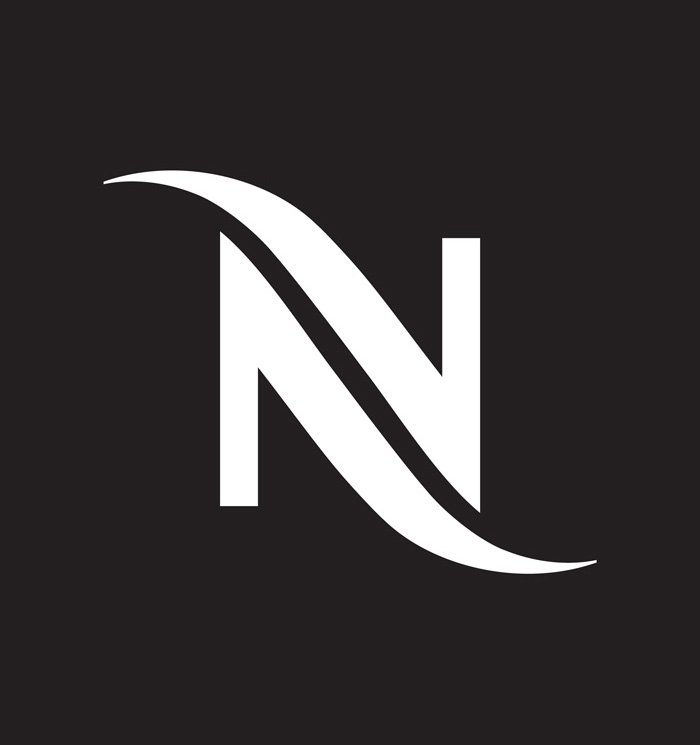Company takes its leadership responsibility beyond recycling
Nestlé Nespresso SA has just reached two key milestones on its journey to improve the sustainability performance of its capsules. Firstly, the company has achieved its 75% capsule recycling capacity objective one year ahead of plan. In addition, Nespresso joined IUCN and other partners to present the Aluminium Stewardship Initiative at the IUCN World Conservation Congress, hosted in Jeju, Republic of Korea.
Reaching Ecolaboration™ recycling target
Nespresso has surpassed its ambitious aim of reaching a capsule recycling capacity of 75% and has achieved this one year ahead of target. Collection capacity refers to the percentage of capsules sold to Nespresso consumers who have accessible collection options for their used capsules for the purpose of recycling.
“Aluminium as a material is indispensable for guaranteeing the quality of our exceptional coffee,” said Richard Girardot, CEO of Nestlé Nespresso SA. “Moreover, aluminium is indefinitely recyclable. That is why we make it easy for our consumers to return their used aluminium capsules – either through national schemes or our own collection system.”
When launching its Ecolaboration™ sustainability programme in 2009, Nespresso made the commitment to put systems in place to triple its capacity to recycle used capsules to 75% by 2013. In three years, Nespresso has not only reached that target, but has also attained a recycling capacity of 100% in eight of its markets.
Engaging with consumers and leveraging new technologies
“Nespresso started with a dedicated recycling system in its home market, Switzerland, back in 1991. Now 21 years later, more than 20 countries have Nespresso recycling systems. We have invested in solutions that make recycling as easy as possible for our consumers,” said Guillaume Le Cunff, Director of International Marketing and Sustainability of Nestlé Nespresso SA. That includes the recycling of Nespresso capsules as part of the established national packaging recovery schemes in Germany (since 1993), Sweden (since 2010) and Finland (since 2012).
Nespresso has also been leveraging technological innovations and developing new partnerships to improve recycling of aluminium in general and its used capsules in particular. “In France, for example, working through the Club des Emballages Légers en Acier et Aluminium (CELAA – Club for Aluminium and Steel Light Packaging), we have invested in the use of eddy current technology to improve the efficiency of aluminium packaging recovery,” said Mr Le Cunff.
In addition, through various communications materials and platforms, Nespresso is engaging with its Club Members on the capsule recycling options available in their markets. As a matter of fact, Nespresso is doing as much as is practicable to ensure recycling takes place, notes independent assurance expert Bureau Veritas.
Nespresso leadership in action
Since working with Nespresso, we've come to appreciate the company's openness and willingness to engage with different stakeholders. The company has shown leadership in working together with others to remove roadblocks on the road to greater sustainability.
Nespresso has taken its leadership beyond recycling. Since 2009, Nespresso has been working together with IUCN (International Union for Conservation of Nature), as well as Rio Tinto Alcan and other companies in the aluminium value chain to develop the Aluminium Stewardship Initiative presented today. The ASI will create the first Responsible Aluminium Standard to be developed through a multi-stakeholder approach. IUCN, along with Nespresso and Rio Tinto Alcan, presented the ASI to its members at its World Conservation Congress today in Jeju, South Korea.
“Even as a relatively small user of aluminium, we see the next stage of our commitment to aluminium sustainability as playing an active part in the ASI multi-stakeholder process together with our partners,” said Mr Girardot.
"Since working with Nespresso, we've come to appreciate the company's openness and willingness to engage with different stakeholders. The company has shown leadership in working together with others to remove roadblocks on the road to greater sustainability," said Julia Marton-Lefèvre, Director General of IUCN.
Creating a framework for sourcing materials in a sustainable way
The participation of Nespresso as a co-founding member of the ASI is in line with its Ecolaboration™ program objective of embedding sustainability into all areas of its business. That includes the sourcing of raw materials for its products, starting with the Nespresso AAA Sustainable Quality™ Program for coffee sourcing. It is also in line with the Ecolaboration™objective of working together with partners to achieve more together.
Now, the ASI will create the standard that provides a framework for improving the overall sustainability performance and reputation of the aluminium industry. The Responsible Aluminium Standard sets out to do just this. It defines ethical, environmental and social performance criteria for aluminium production at all stages of the value chain. When this standard starts being applied, both suppliers and materials will be able to be rated for sustainability and technical performance.
In addition to Nespresso, the ASI co-founders include: Rio Tinto Alcan, AMAG, Amcor Flexibles, Constantia Flexibles, Constellium and Tetra Pak – all of them leaders in the their own right in the aluminium value chain. IUCN is the co-ordinator of the ASI standard-setting process.

